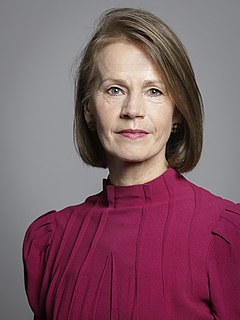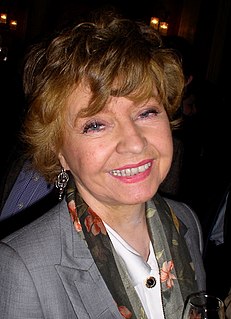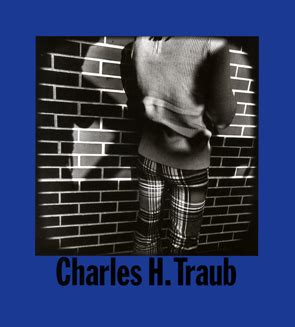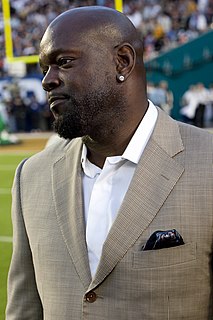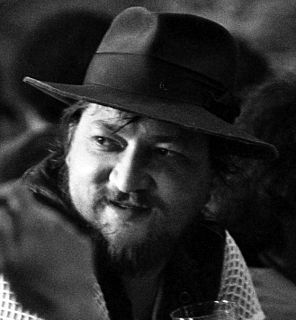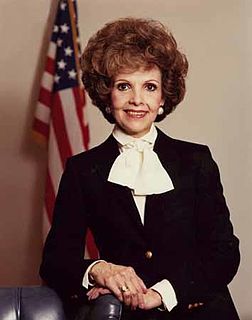A Quote by Deborah Bull
I've always believed that the facts about dancing are more interesting than the myths, and this was a great chance for me to explore how the human body does such incredible things.
Related Quotes
[The scientist] believes passionately in facts, in measured facts. He believes there are no bad facts, that all facts are good facts, though they may be facts about bad things, and his intellectual satisfaction can come only from the acquisition of accurately known facts, from their organization into a body of knowledge, in which the inter-relationship of the measured facts is the dominant consideration.
As a former football player who has carried a football more than 4,000 times, trust me, I did not go into ballroom dancing with my body being 100 percent, with no aches or pains or ailments coming with me. When you're dancing, you're doing stuff that your body's not used to, and so you start to aggravate those old injuries.
We want to do things that are interesting, great storytelling, some of it is gonna be more fun and funny, some of it is more serious and talking about interesting issues that we think are provocative and interesting to us. Kind of on a more political level. But, you know, just things that we find interesting that we think stories that need to be told.
When you're looking for stories or movies usually the great stories are about people in their 30s or 40s because they've lived more life and they're usually accomplishing more incredible things. But when there's an interesting story about someone that's your age, you immediately - especially when you're younger - are like, "Wow that's crazy! There's not very many of these."
We're living history all the time, in the papers, in the news, you think about stuff and it goes into your brain and you think about it and it comes out somehow. You have an idea; you've heard a phrase, or you're angry, or something disturbs you, or something seems paradoxical to you, you explore that idea, much like a writer would explore maybe an idea through metaphor. Maybe artists use their vehicle to explore ideas, so I think the things that interest me are the kind of idea of continuous change and how nothing stays the same and it's always disintegrating into something more.
It's amazing to think how powerful of a force optimism and hope can be. It's the thing that saves me. I believed that I lived in the greatest country in the world. I still believe that, and consequently, I believed that I had a chance, even though things around me were absolutely crazy and difficult.
I admire Joyce Maynard a lot, specifically her memoir "At Home in the World." Her writing is beautiful and fascinating and seemed to give me validation to the idea that I could write validly in earnest about my life with (my) very feminine point of view, and also that I could unapologetically explore the bad traits of my character (which I find to be more interesting to explore than the good traits), as well as explore other concepts that interest me like private vs public personas, age gap relationships, etc.
I have great hope and faith, but it's a humanistic faith based in facts; you have to believe that facts exist. We can all arrive at the same facts if we engage in the process of experimentation, observation, and verification, which can solve more of the world's major problems than a debate over whether God does or doesn't exist.
Things like the movie 'Memento' are interesting to me because our memories of the things we've done and how we've behaved form our notion of who we are, what our character is. So if part of that were missing, what does that actually say about you? And what does it say about your sense of responsibility for things if you can't remember them?
